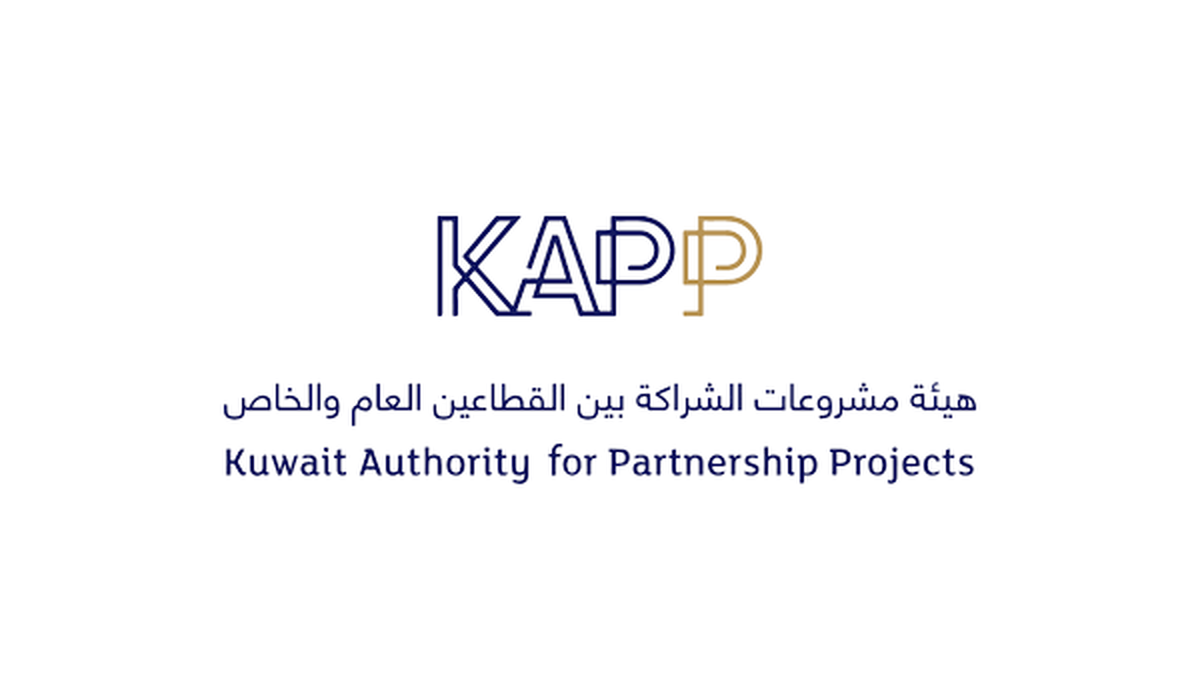09/11/2025
09/11/2025

KUWAIT CITY, Nov 9: Public-Private Partnership (PPP) contracts represent a contractual framework for extensive cooperation between the public sector and the private sector, whether with local private companies or a consortium of local and foreign entities under the supervision of the Kuwait Authority for Partnership Projects (KAPP). Such partnerships encompass financing, management, profit and risk sharing, until the project concludes with the transfer of assets back to the State or the continuation of joint operation, as agreed by both parties. The PPP model is considered one of the State’s most important tools for implementing vital infrastructure projects—such as roads, housing developments, and power stations—without imposing significant burdens on the general budget. Under this model, the investor undertakes the financing and construction of the project at its own expense, operates it for a specified period to recover its costs and earn a reasonable profit margin, and subsequently transfers it to the competent public authority upon expiry of the operation period.
While the PPP framework offers considerable opportunities for local and foreign companies to participate in major national projects such as Souq Al-Mubarakiya, Al-Zour Power Station, and housing projects, it simultaneously requires a precise understanding of the legal and procedural frameworks governing such partnerships. Hence, expert legal representation in PPP projects is indispensable for any investor seeking to compete effectively in such large-scale ventures.
Drawing on our extensive legal experience with the PPP system and the cases we have handled under this contractual framework, we affirm that a successful partnership under a PPP contract begins with a balanced agreement that safeguards the interests of both parties and ensures equitable risk allocation. It transforms the role of private sector companies in public sector contracts from that of a mere contractor to that of a strategic partner in achieving the State’s developmental objectives and strategic plans.
From a legal perspective, Law No. 116 of 2014 regarding Public-Private Partnerships is based on clear principles concerning the obligations of both parties in relation to financing, execution, operation, and maintenance, while establishing binding timelines for each stage. The law also provides flexibility to amend certain contractual terms in response to changing economic or legal circumstances.
Among the key legal points for the private sector are those related to investment guarantees and protections. Each PPP contract must include an explicit clause providing for compensation in the event of early termination or contractual breach by either party, as well as mechanisms to ensure fair competition through public bidding processes. We further recommend clearly defining dispute resolution mechanisms—such as arbitration or amicable settlement—where mutually agreed, while maintaining the judiciary as the ultimate forum in the absence of an arbitration clause.
There have been numerous notable judicial decisions in this field, including cases in which we secured judgments in favor of investors. Such rulings have been pivotal in clarifying the interpretation of the law and have contributed to establishing legal principles and judicial precedents that investors may rely upon to safeguard their rights in projects offered through the Kuwait Authority for Partnership Projects.
While the investor’s rights under the PPP contract must be clearly protected, the public sector—representing the State—must likewise preserve its rights through an agreement that achieves financial balance between the investor’s fair return and the cost of the service borne by the State and its citizens.
It should also be noted that Kuwaiti law has established a rigorous framework for governance and transparency across all stages of the PPP process, including strict obligations relating to financing, guarantees, and risk distribution. In this context, an investor’s readiness extends beyond financial capability and technical capacity; it also encompasses the ability to comprehend the legal landscape in depth, to ensure proper protection of corporate interests throughout the duration of the partnership and its long-term relationship with the government, in compliance with all relevant laws and regulations applicable to project execution.
Specialized legal representation plays a vital role in supervising the contractual and legal aspects of project implementation—ensuring accurate risk assessment, adequate legal safeguards, and effective preventive mechanisms to avoid disputes and mitigate risks. Its function extends beyond dispute resolution, enabling companies to establish a stable and legally sound relationship with public entities—forming the foundation for any successful and sustainable partnership.
By Lawyer / Abdulrahman Al-Houti


